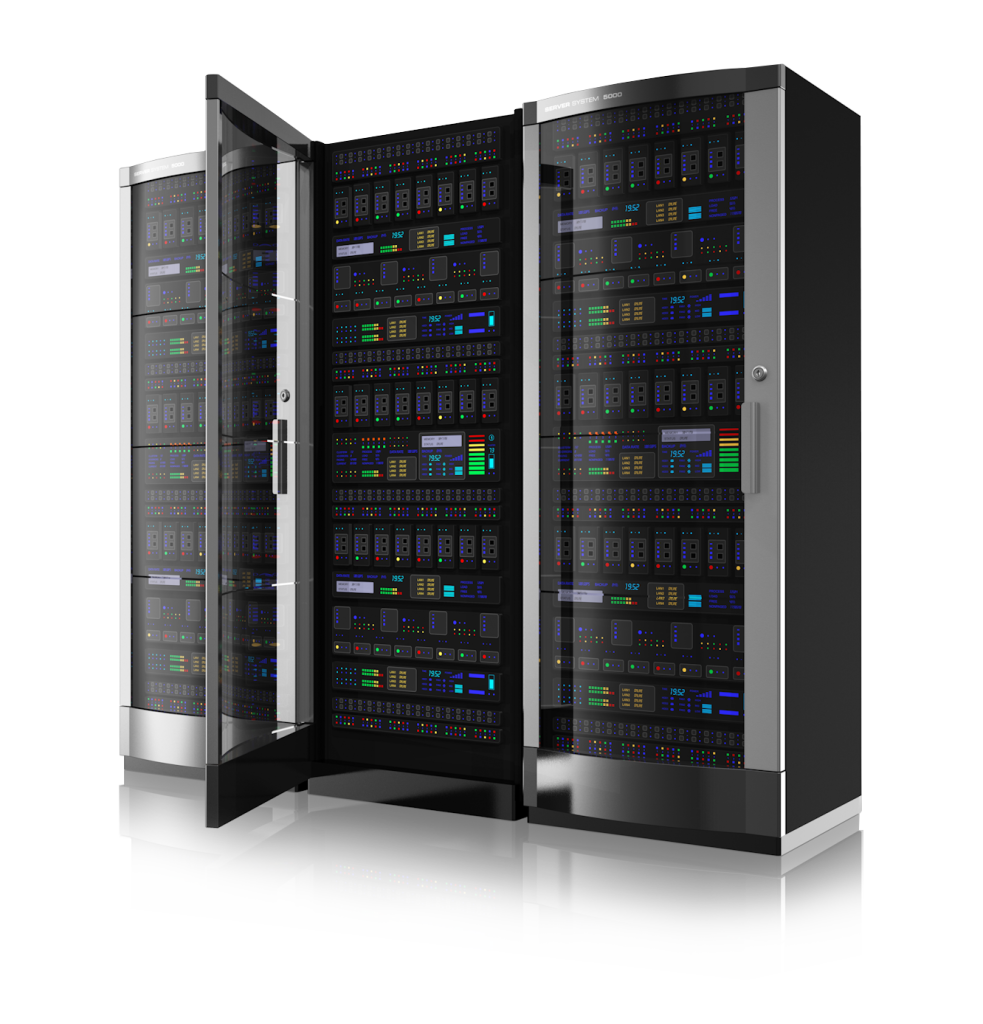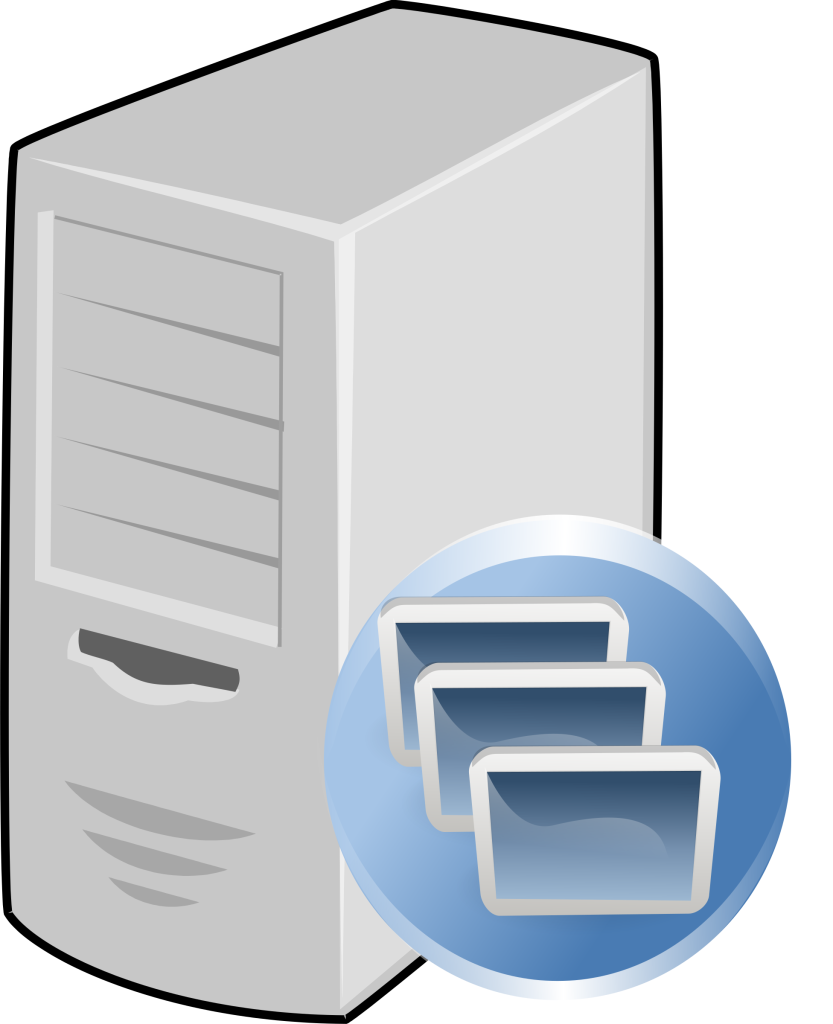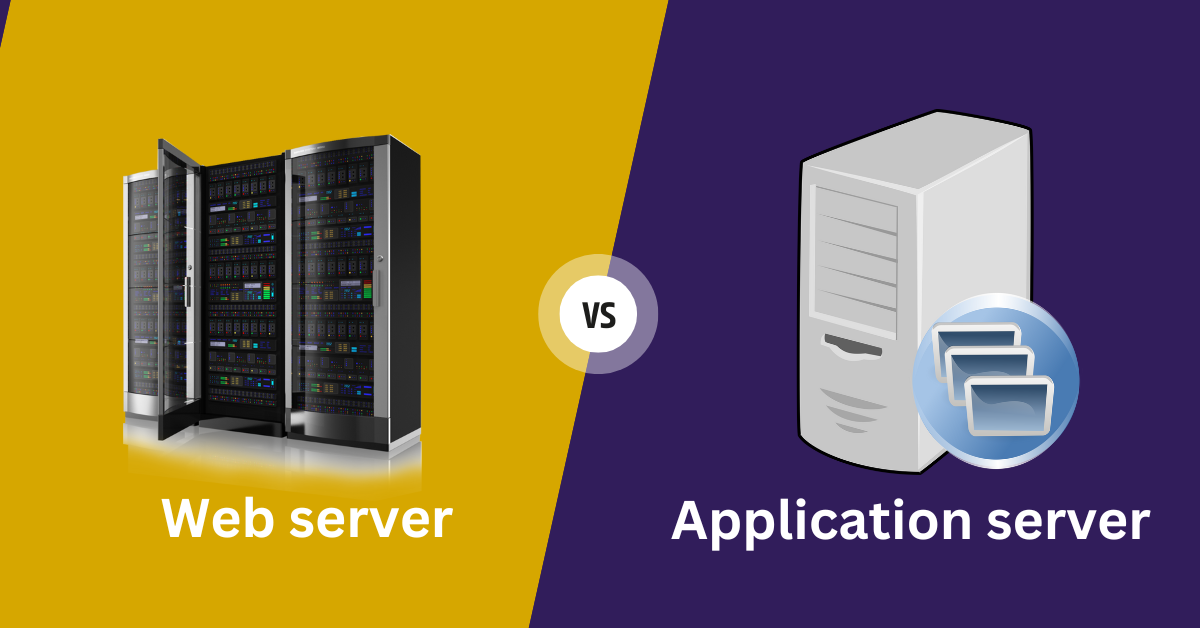In web development, choosing the right server is very important. A server is a computer program or a device that provides functionality for other programs or devices, known as clients. There are two main types of servers: Web Servers and Application Servers.
A Web Server serves static content, such as HTML pages, images, and videos, to clients over the internet. It handles HTTP requests and delivers the requested content to the client’s browser. On the other hand, an Application Server is designed to host and run application software. It provides additional functionality, such as database connectivity, security, and management. These are not in a Web Server.
Table of Contents
ToggleWeb Server
A Web Server is the cornerstone of any website or web-based application. Its primary function is to serve static content, such as HTML pages, images, and videos, to clients over the Internet. To do this, a Web Server must handle HTTP requests, process them, and deliver the requested content to the client’s browser.

Some of the features of a Web Server include:
- HTTP Request Handling: A Web Server must be able to handle HTTP requests from clients and respond with the requested content.
- Static Content Delivery: A Web Server serves static content, such as HTML pages, images, and videos, to clients.
- Scalability: A Web Server must be able to handle large clients and requests, and scale easily, as the number of clients grows.
Examples of popular Web Servers include Apache, Nginx, and IIS. Each of these Web Servers has its strengths and weaknesses, and choosing the right one for your needs will depend on the specific requirements of your project
Web Server Pros
Some of the pros of using a Web Server include:
- Ease of Use: Web Servers are typically easy to set up and use, making them a popular choice for small to medium-sized projects.
- Cost-Effective: Web Servers are often open source and free to use, making them a cost-effective solution for many projects.
- High Performance: Web Servers handle diverse clients and requests, making them a high-performance solution for serving static content.
Related: Drupal vs. WordPress
Web Server Cons
Some of the pros of using a Web Server include:
- Limited Functionality: While Web Servers are great for serving static content, they have limited functionality compared to Application Servers.
- Poor Security: Web Servers are often vulnerable to security threats, such as hacking and malware, due to their limited functionality.
Application Server
An Application Server hosts and runs application software. It provides additional functionality, such as database connectivity, security, and management, which is not in a Web Server. For this reason, Application Servers are a popular option for large, complex web-based applications, such as e-commerce websites, social networking platforms, and enterprise applications.

Some of the features of an Application Server include:
- Application Hosting: An Application Server can host and run application software, making it the central component of any web-based application.
- Database Connectivity: An Application Server provides database connectivity, allowing developers to access and manipulate data stored in a database.
- Security: An Application Server provides security features, such as authentication and authorization, to protect the application and its data from unauthorized access.
Examples of popular Application Servers include JBoss, WebLogic, and Glassfish. Each of these Application Servers has its strengths and weaknesses, and choosing the right one for your needs will depend on the specific requirements of your project.
Application Server Pros
Some of the pros of using an Application Server include:
- Increased Functionality: An Application Server provides a wide range of functionality, including database connectivity, security, and management. This is not available on a Web Server.
- Improved Security: An Application Server provides a higher level of security when compared to a Web Server, making it a more secure solution for web-based applications.
- Scalability: An Application Server can handle large requests, making it a scalable solution for complex web-based applications.
Related: What Does Responsive Design Mean in 2023?
Application Server Cons
Some of the cons of using an Application Server include:
- Increased Complexity: An Application Server is a more complex solution, and it requires more technical expertise to set up and use.
- Cost: An Application Server is often used commercially, and can be more expensive to use, unlike a Web Server.
Comparison of Web Server and Application Server
When picking a server, it’s necessary to consider the specific requirements of your project. While a Web Server helps to serve static content, it has limited functionality compared to an Application Server. On the other hand, an Application Server provides a wide range of functionality, including database connectivity, security, and management, making it a popular choice for large, complex web-based applications.
Here’s a comparison of the features between both servers:
- Functionality: A Web Server is designed to serve static content, while an Application Server provides additional functionality, such as database connectivity, security, and management.
- Performance: Both Web Servers and Application Servers can handle lots of clients and requests, and both can be highly performant solutions for serving content over the internet.
- Cost: Web Servers are often open source and free to use, making them a cost-effective solution for many projects. Application Servers are often commercial solutions and can be more expensive to use.
- Ease of Use: Web Servers are typically easy to set up and use, while Application Servers are more complex and require more technical expertise.
- Security: An Application Server provides a higher security level when compared to a Web Server, making it a more secure solution for web-based applications.
Conclusion
The decision between a Web Server and an Application Server will depend on the specific requirements of your project. Both Web Servers and Application Servers have their strengths and weaknesses, and choosing the right one will depend on the size, complexity, and requirements of the project.
A Web Server is a good choice for a cost-effective solution for serving static content. However, if you need additional functionality, such as database connectivity, security, and management, you should consider using an Application Server. It’s important to carefully evaluate your project requirements and choose the solution that best suits your needs. Whether you choose a Web Server or an Application Server, both solutions have the potential to provide high performance and reliability for serving content over the internet.



